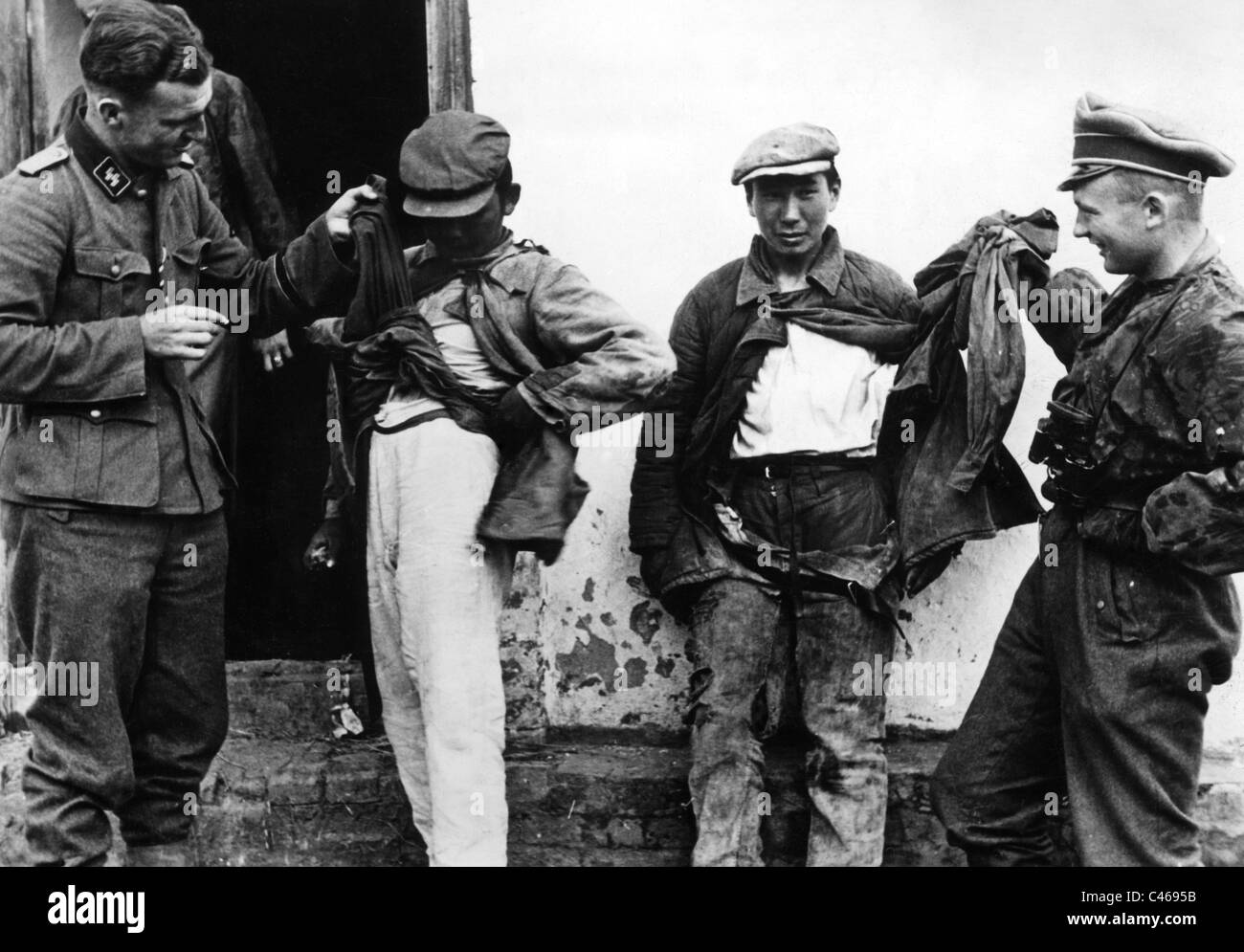


No major hostilities between France and any member of the coalition other than Britain ( Trafalgar campaign March–November 1805) occurred until the Ulm Campaign (25 September – 20 October 1805). Meanwhile, Bavaria sided with France on 25 August, and Württemberg joined Napoleon on 5 September. It was not until December 1804 when Sweden entered into an alliance with the United Kingdom, not until 11 April 1805 when Russia joined the alliance, not until 16 July when Britain and Russia ratified their treaty of alliance, and only thereafter Austria (9 August) and Naples–Sicily (11 September) completed the fully-fledged coalition. From the British perspective, the war started when Britain declared war on France on, but it was still on its own. Historiographers differ on when the War of the Third Coalition began and when it ended. Meanwhile, Prussian worries about the growing French influence in Central Europe sparked the War of the Fourth Coalition in 1806. Austerlitz had driven neither Russia nor Britain, whose armies protected Sicily from a French invasion, to cease fighting. These achievements, however, did not establish a lasting peace on the continent. As a direct consequence of these events, the Holy Roman Empire ceased to exist when, in 1806, Francis II abdicated the Imperial throne, becoming Francis I, Emperor of Austria. Victory at Austerlitz also prompted Napoleon to create the Confederation of the Rhine, a collection of German client states which pledged themselves to raise an army of 63,000 men.
MEN OF WAR 2 PARTISAN FREE
The treaty confirmed the Austrian cession of lands in Italy and Bavaria to France and in Germany to Napoleon's German allies, imposed an indemnity of 40 million francs on the defeated Habsburgs, and allowed the defeated Russian troops free passage, with their arms and equipment, through hostile territories and back to their home soil. On 26 December 1805, Austria and France signed the Treaty of Pressburg, which took Austria out of both the war and the Coalition, while it reinforced the earlier treaties of Campo Formio and of Lunéville between the two powers. Austerlitz effectively brought the Third Coalition to an end, although later there was a small side campaign against Naples, which also resulted in a decisive French victory at the Battle of Campo Tenese. The war would be determined on the continent, and the major land operations that sealed the swift French victory involved the Ulm Campaign, a large wheeling manoeuvre by the Grande Armée lasting from late August to mid-October 1805 that captured an entire Austrian army, and the decisive French victory over a combined Austro-Russian force under Tsar Alexander I at the Battle of Austerlitz in early December.

MEN OF WAR 2 PARTISAN FULL
The Third Coalition itself came to full fruition in 1804–05 as Napoleon's actions in Italy and Germany (notably the arrest and execution of the Duc d'Enghien) spurred Austria and Russia into joining Britain against France. The Royal Navy, however, secured mastery of the seas and decisively destroyed a Franco-Spanish fleet at the Battle of Trafalgar in October 1805. From 1803 to 1805, Britain stood under constant threat of a French invasion. Prussia remained neutral during the war.īritain had already been at war with France following the breakdown of the Peace of Amiens and remained the only country still at war with France after the Treaty of Pressburg. During the war, France and its client states under Napoleon I opposed an alliance, the Third Coalition, made up of the United Kingdom, the Holy Roman Empire, the Russian Empire, Naples, Sicily, and Sweden. War of the Third Coalition was a European conflict spanning the years 1805 to 1806.


 0 kommentar(er)
0 kommentar(er)
